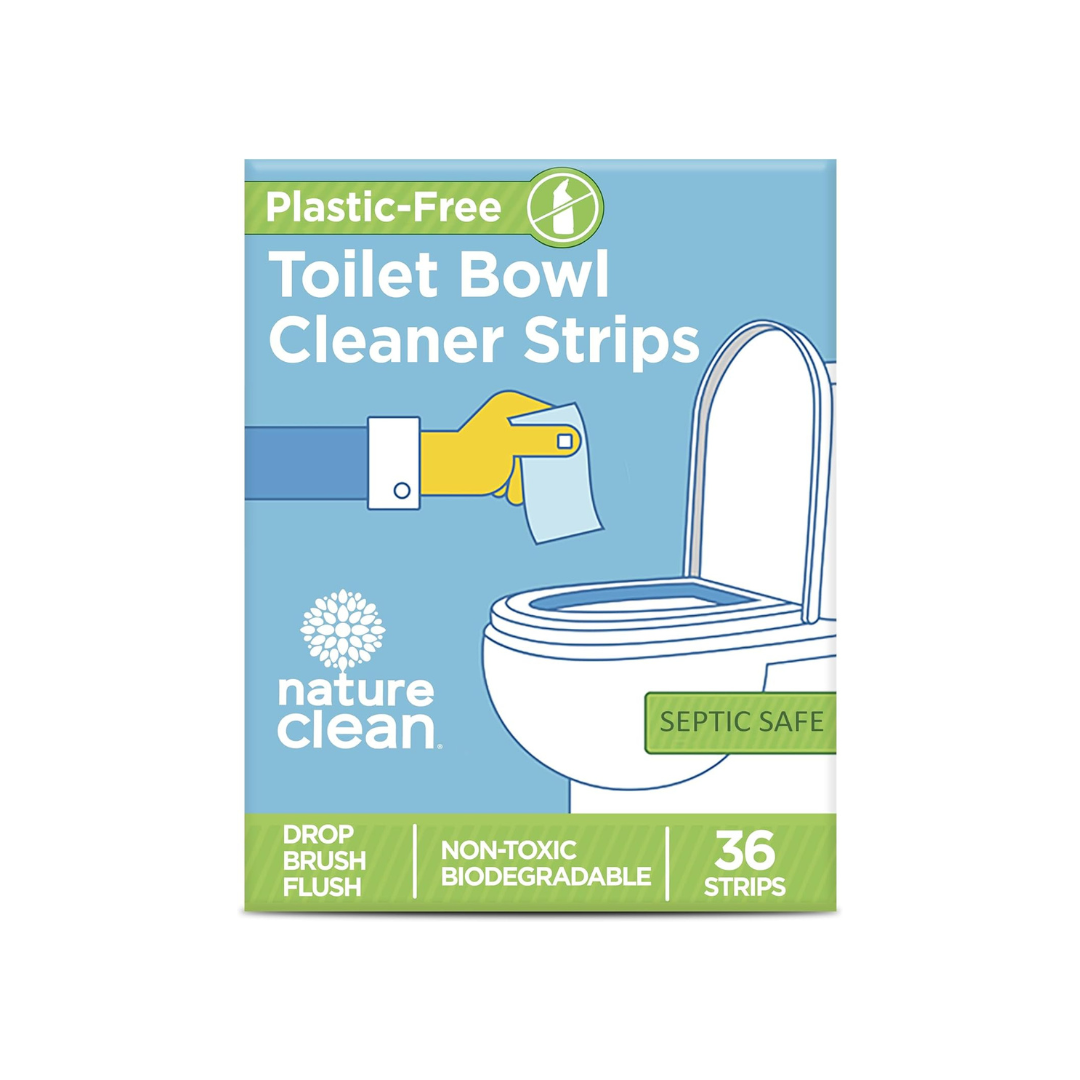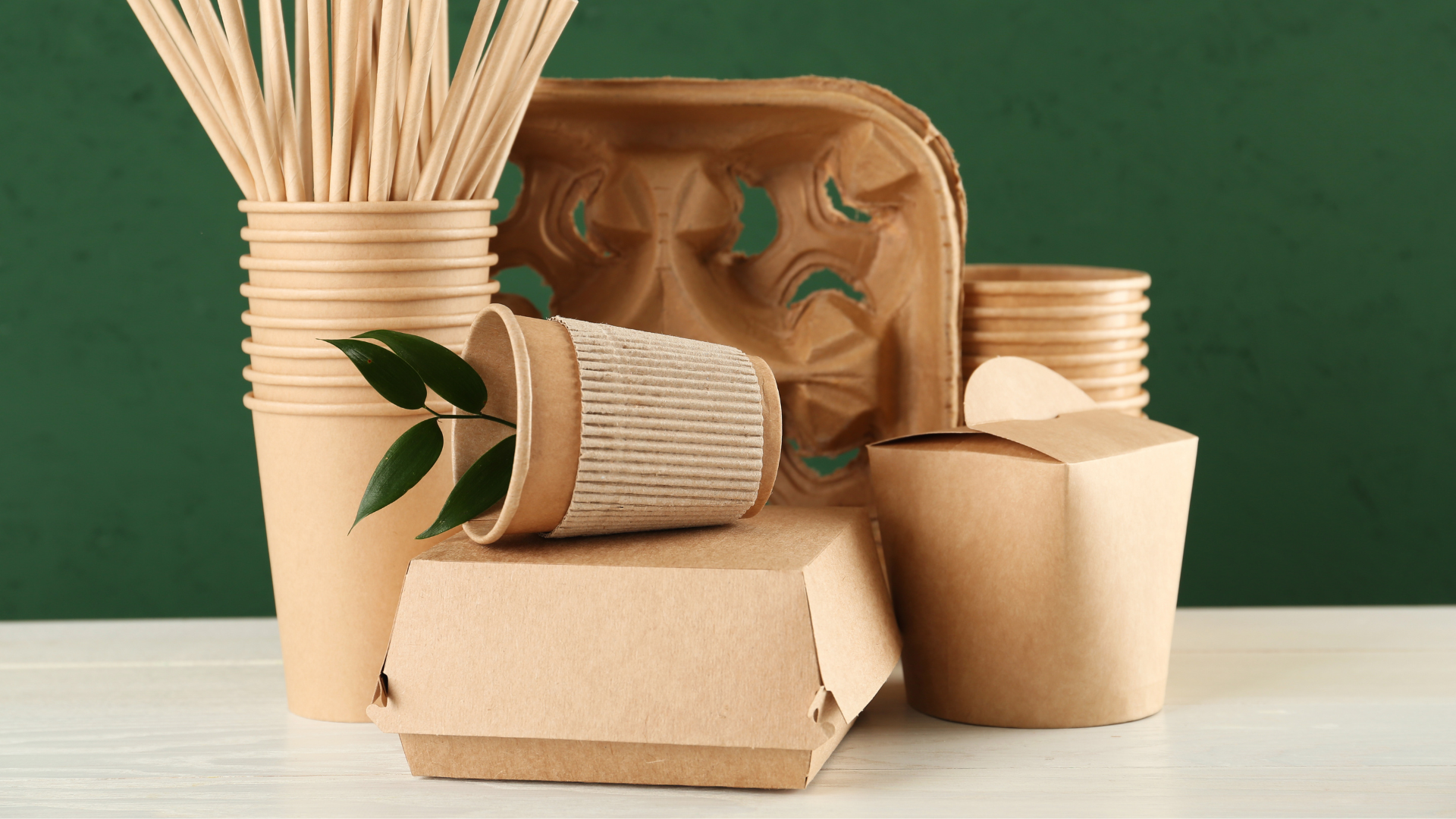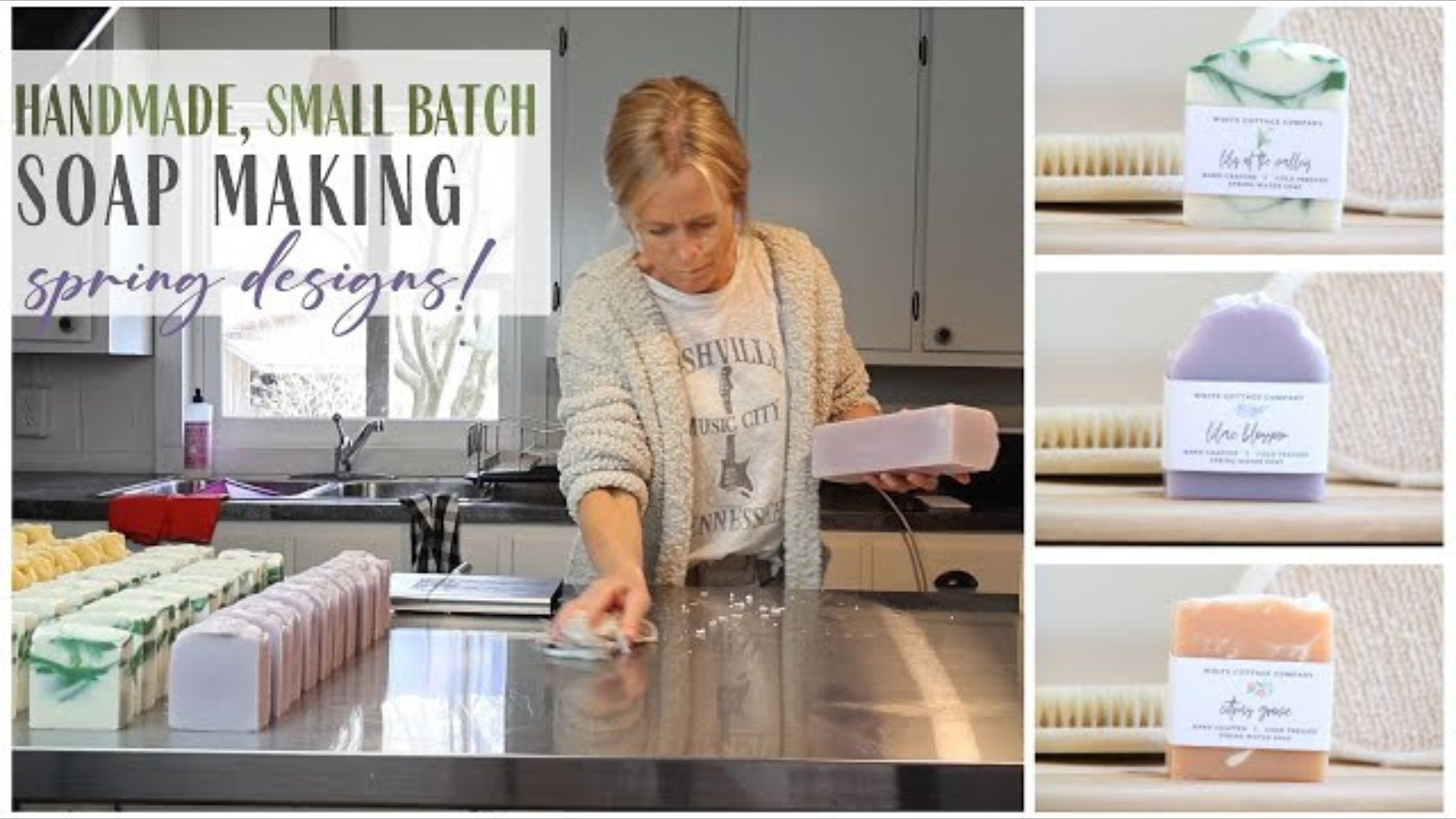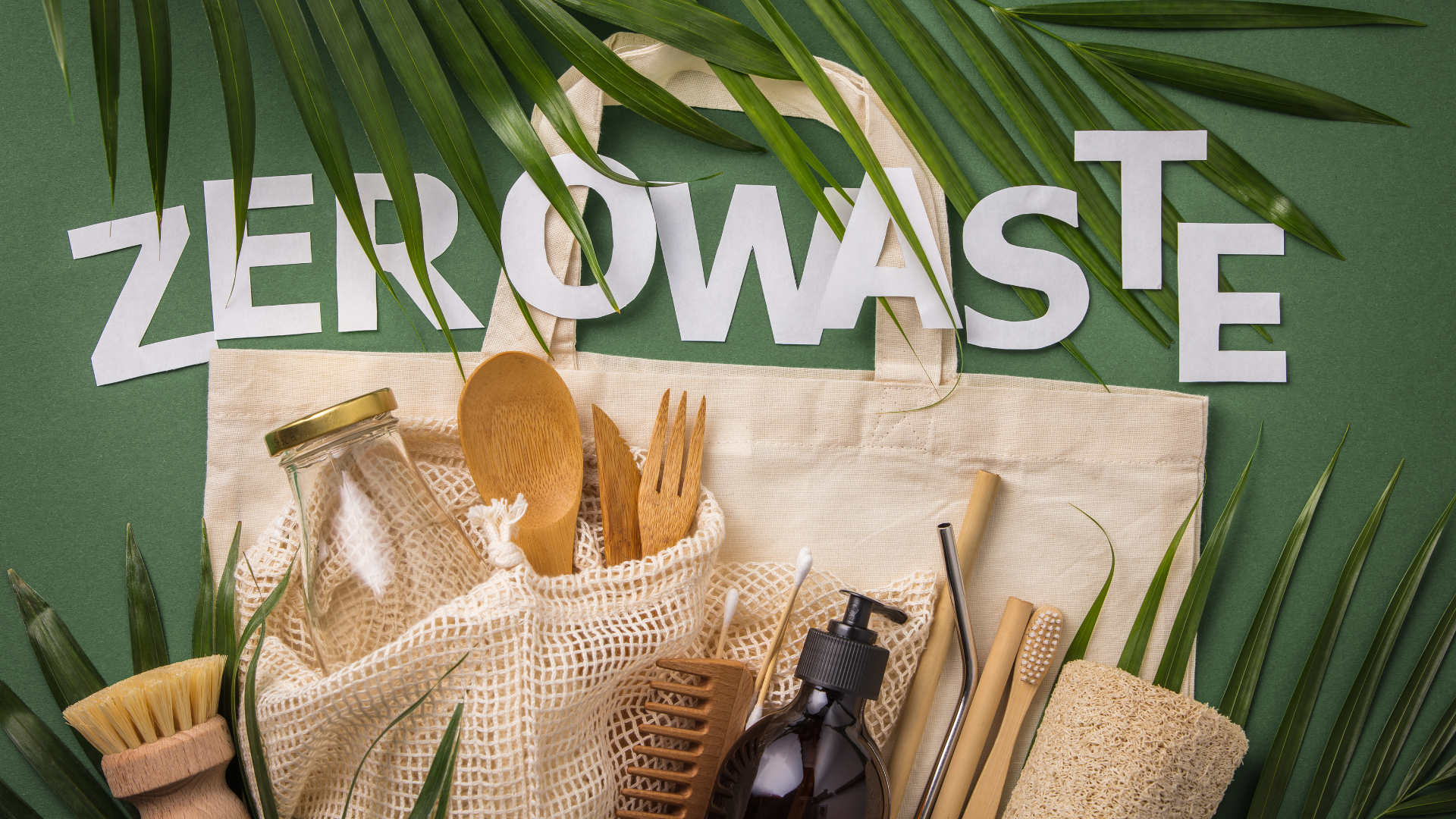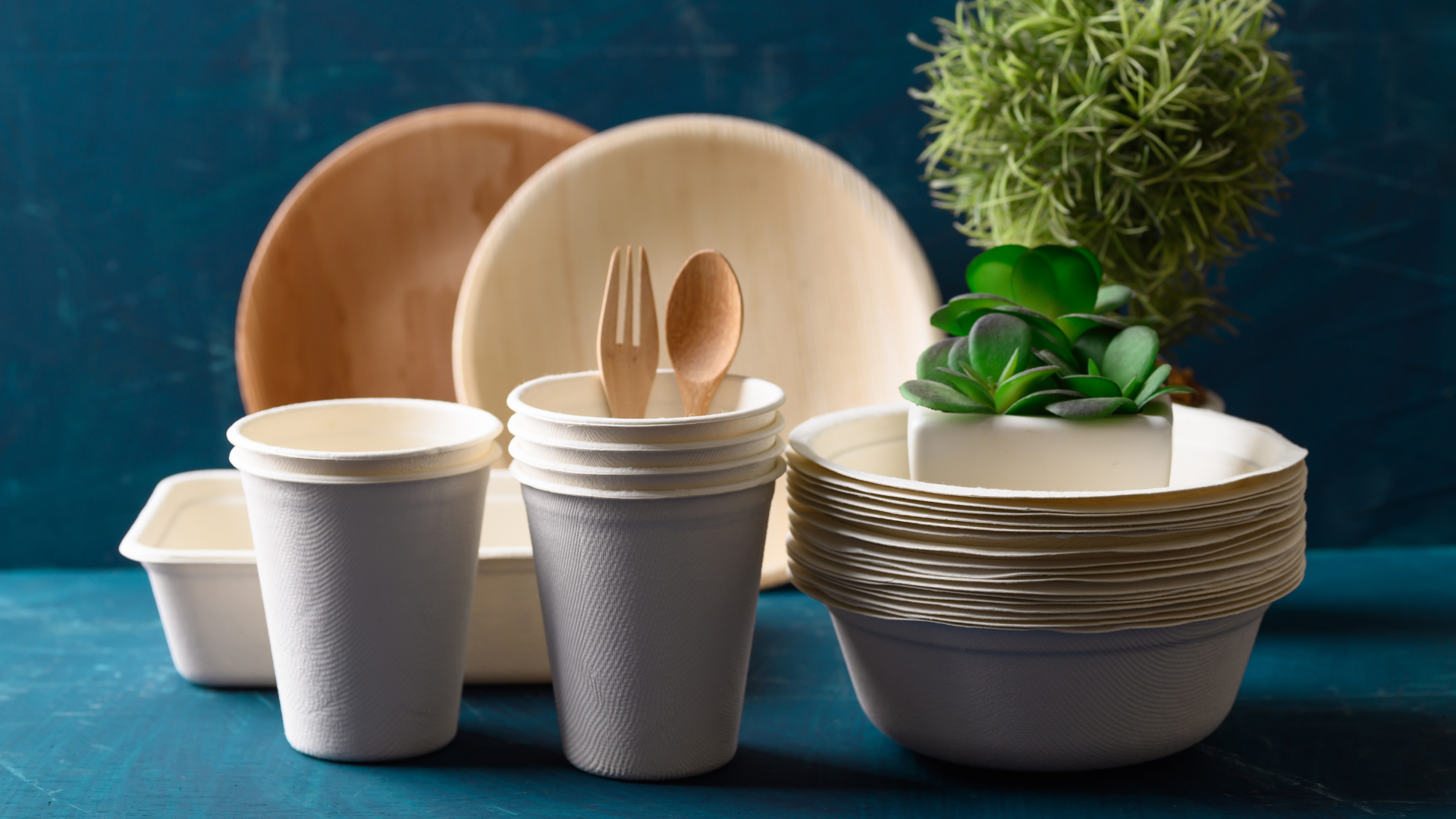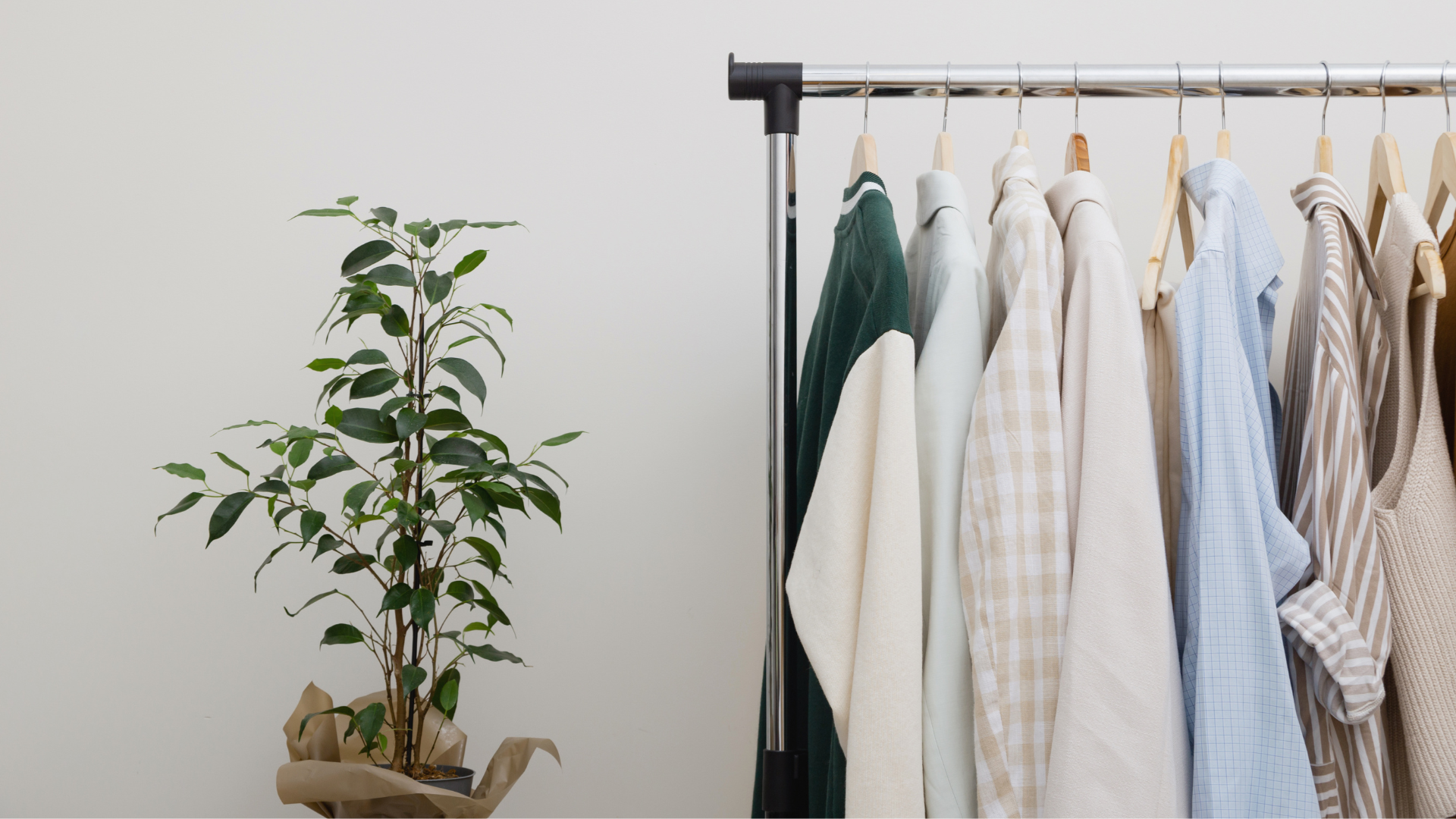Welcome back to the Sustainable Living Guide series! After making an overview in the first edition, Understanding Sustainable Living, today, our main topic will be Sustainable Home Care. As we continue to explore the multifaceted world of sustainability at Flora blogs, this guide shifts focus towards practical steps and innovative solutions for making your home environment as eco-friendly as possible. A sustainable home not only contributes to the well-being of the planet but also enhances your quality of life by creating a healthier, more energy-efficient, and cost-effective living space.
In this guide, we'll delve into the essentials of eco-friendly home care, covering everything from natural cleaning practices to energy conservation techniques. Our homes are our sanctuaries, and by integrating sustainable practices into our daily routines, we can reduce our environmental footprint while fostering a safe and nurturing space for our families.
Regardless of your expertise, this guide will provide you with valuable insights and practical advice. We'll start by exploring how to transition to eco-friendly cleaning, reducing harmful chemicals and waste, and then we'll look into optimizing your home's energy efficiency with simple yet effective strategies.
Join us as we embark on this journey to transform our living spaces into models of sustainability, ensuring they are not only comfortable and inviting but also aligned with our commitment to preserving our precious planet for future generations. Let's create homes that reflect our dedication to sustainability, starting with the very foundations of how we care for and maintain our living environments.
Eco-Friendly Cleaning
Creating a sustainable home starts with rethinking how we keep our spaces clean. Traditional cleaning products often contain harsh chemicals that can harm our health and the environment. By switching to eco-friendly cleaning methods, we not only protect our family's health but also contribute to a healthier planet. This section explores natural cleaning products and DIY solutions, along with strategies for reducing chemical use in your home.
Natural Cleaning Products and DIY Solutions
The shift towards natural cleaning products has gained momentum as more people become aware of the environmental and health impacts of synthetic chemicals. Natural cleaners made from ingredients like vinegar, baking soda, lemon, and essential oils are not only effective but also safe and environmentally friendly. Here are a few easy recipes to get you started:
All-Purpose Cleaner: Combine 1 part water, 1 part white vinegar, and a few drops of your favorite essential oil in a spray bottle for a cleaner that works on most surfaces.
Glass Cleaner: Mix ¼ cup vinegar, ¼ cup rubbing alcohol, 1 tablespoon cornstarch, and 2 cups water in a spray bottle. Shake well before each use for a streak-free shine.
Disinfectant: For areas that need a little extra germ-fighting power, like bathrooms and kitchens, mix 2 teaspoons borax, 4 tablespoons vinegar, ¼ teaspoon liquid castile soap, and 3 cups hot water.
These simple recipes can significantly reduce the need for commercial products, which often come in single-use plastics and contain harmful chemicals.
Reducing Chemical Use in the Home
Reducing chemical use goes beyond just cleaning products. It involves a comprehensive approach to what you bring into your home and how you manage it. Here are some strategies:
Read Labels: Become a savvy shopper by reading product labels carefully. Avoid items with ingredients like parabens, phthalates, formaldehyde, and synthetic fragrances, which can have harmful environmental and health effects.
Choose Fragrance-Free or Naturally-Scented Products: Many synthetic fragrances contain phthalates, which can disrupt hormones and harm aquatic life when washed down the drain. Opt for fragrance-free products or those scented with natural essential oils.
Use Microfiber Cloths: Instead of relying on chemical sprays, use microfiber cloths for cleaning. Their unique composition allows them to trap dirt and dust effectively without the need for additional products.
Proper Ventilation: Reducing chemical use also means ensuring that your home is well-ventilated to prevent the buildup of any harmful substances that may be released from furniture, cooking, or cleaning.
By incorporating these eco-friendly cleaning methods and reducing chemical use in your home, you contribute to a safer, healthier environment for your family and the planet. Every small change in our daily habits can lead to significant environmental benefits over time. As we move forward in this guide, remember that each step toward eco-friendly home care is a step toward a more sustainable and responsible way of living.
Energy Efficiency
Enhancing energy efficiency in your home is a key aspect of sustainable living. It not only helps reduce environmental impact but also lowers utility bills, making it a beneficial practice both economically and ecologically. This section will provide you with actionable tips for reducing energy consumption, outline the benefits of energy-efficient appliances, and explore renewable energy options suitable for homes and businesses.
Tips for Reducing Energy Consumption
Energy conservation in the home is easier than you might think. By implementing a few simple practices, you can significantly decrease energy usage and contribute to a more sustainable future:
Adjust Your Thermostat: Lowering your thermostat by just a few degrees in winter, or raising it in summer, can reduce your energy consumption dramatically.
Seal Leaks: Ensure that windows, doors, and any other openings are properly sealed to prevent heat from escaping in the winter and entering in the summer.
Use Energy-Efficient Lighting: Replace incandescent bulbs with LED bulbs, which use at least 75% less energy and last 25 times longer.
Unplug Devices: Many appliances and devices draw power even when they’re turned off. Unplug these energy vampires when not in use, or use a smart power strip to cut power when devices are in standby mode.
Implement Smart Home Technologies: Consider installing a smart thermostat or smart lighting systems that allow you to control your home’s energy use remotely and optimize it for efficiency.
Benefits of Energy-Efficient Appliances
Investing in energy-efficient appliances is another effective way to enhance your home's sustainability. These appliances are designed to do more with less energy, offering several benefits:
Reduced Energy Bills: Energy-efficient appliances use less electricity, which translates to lower utility bills.
Lower Carbon Footprint: By consuming less power, these appliances reduce your home's carbon footprint, helping to combat climate change.
Enhanced Performance: Modern energy-efficient appliances often offer superior performance compared to older, less efficient models.
Longer Lifespan: These appliances are generally built to higher standards and often last longer than their conventional counterparts.
Renewable Energy Options for Homes and Businesses
Transitioning to renewable energy is perhaps the most impactful step you can take toward a sustainable energy future. Here are a few options:
Solar Panels: Installing solar panels is a popular choice for harnessing the sun’s energy to generate electricity or heat water, which can significantly reduce dependence on fossil fuels.
Wind Turbines: Although more common in rural areas, small wind turbines can be an effective solution for generating electricity in less densely populated environments.
Geothermal Systems: Utilizing the earth's constant underground temperature, geothermal systems can heat and cool your home more efficiently than traditional HVAC systems.
Solar Water Heaters: These systems use solar energy to heat water, which can be used in showers, washing machines, and other appliances, reducing electricity or gas usage.
By embracing energy efficiency and renewable energy technologies, you not only make your home or business more sustainable but also contribute to a larger movement towards reducing our environmental impact. Each step forward in this journey not only benefits the planet but also enhances our quality of life, proving that small changes can lead to significant outcomes.
Conclusion
As we conclude this segment of our Sustainable Living Guide, we hope you feel empowered to implement eco-friendly practices into your home care routine. By choosing natural cleaning products, embracing energy-efficient appliances, and exploring renewable energy options, you are taking significant strides towards a healthier environment and a sustainable lifestyle.
We invite you to elevate your living space with Flora's curated collection of eco-friendly Home & Kitchen essentials. From sustainable bedding and bath accessories to compost solutions and chic home decor, every item is designed with both style and sustainability in mind. Enhance your kitchen with our range of eco-conscious kitchen tools and utensils, and bring a breath of fresh air into your home with our natural home fragrances.



